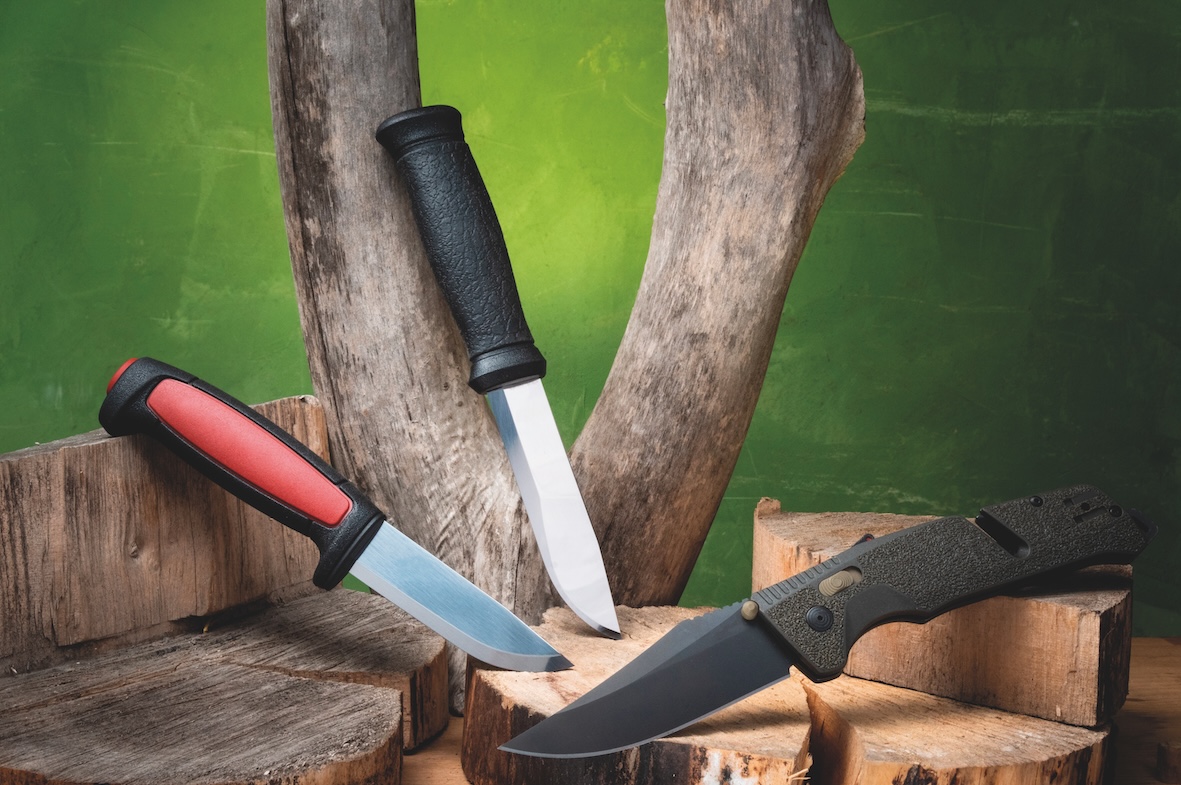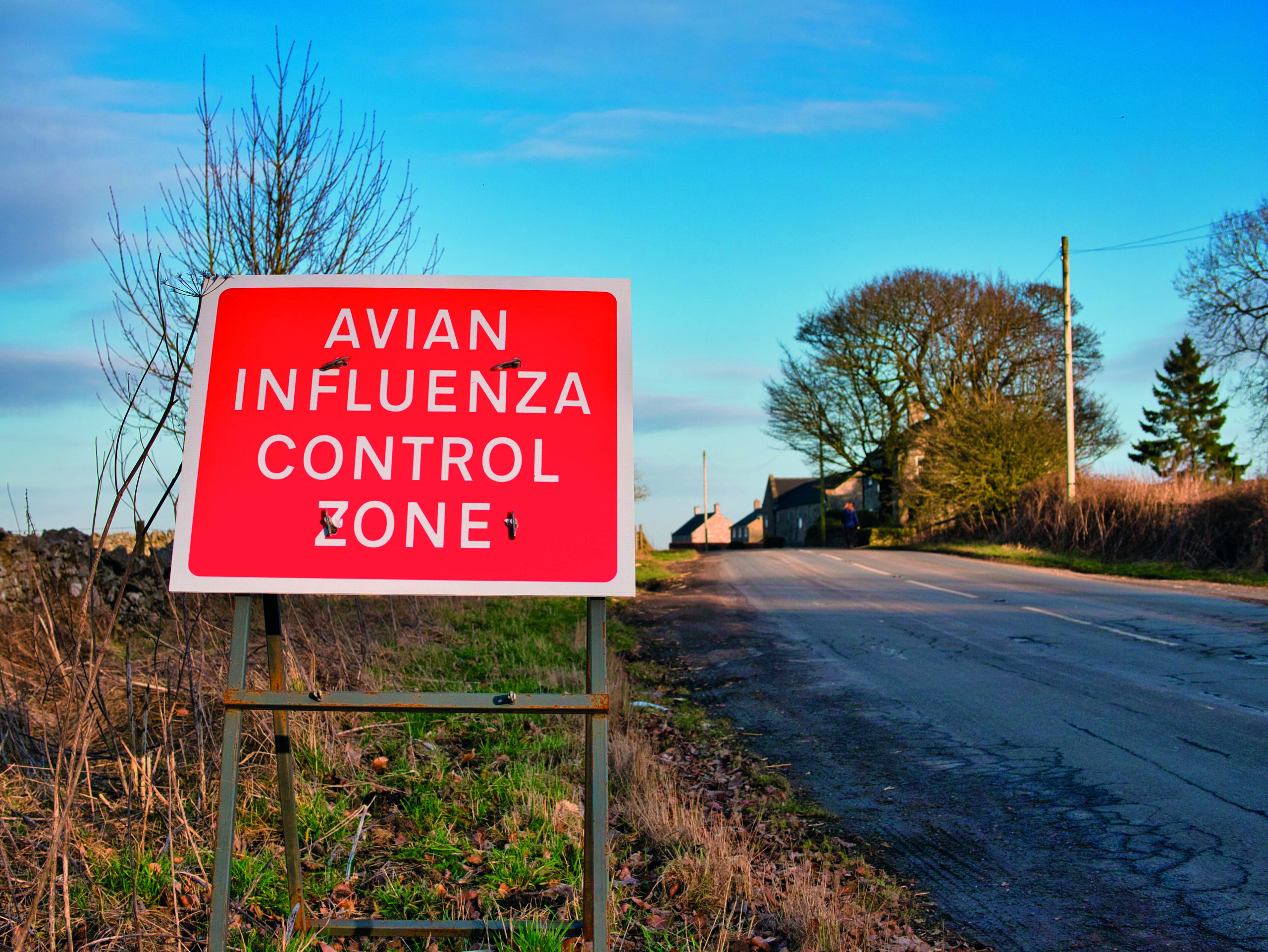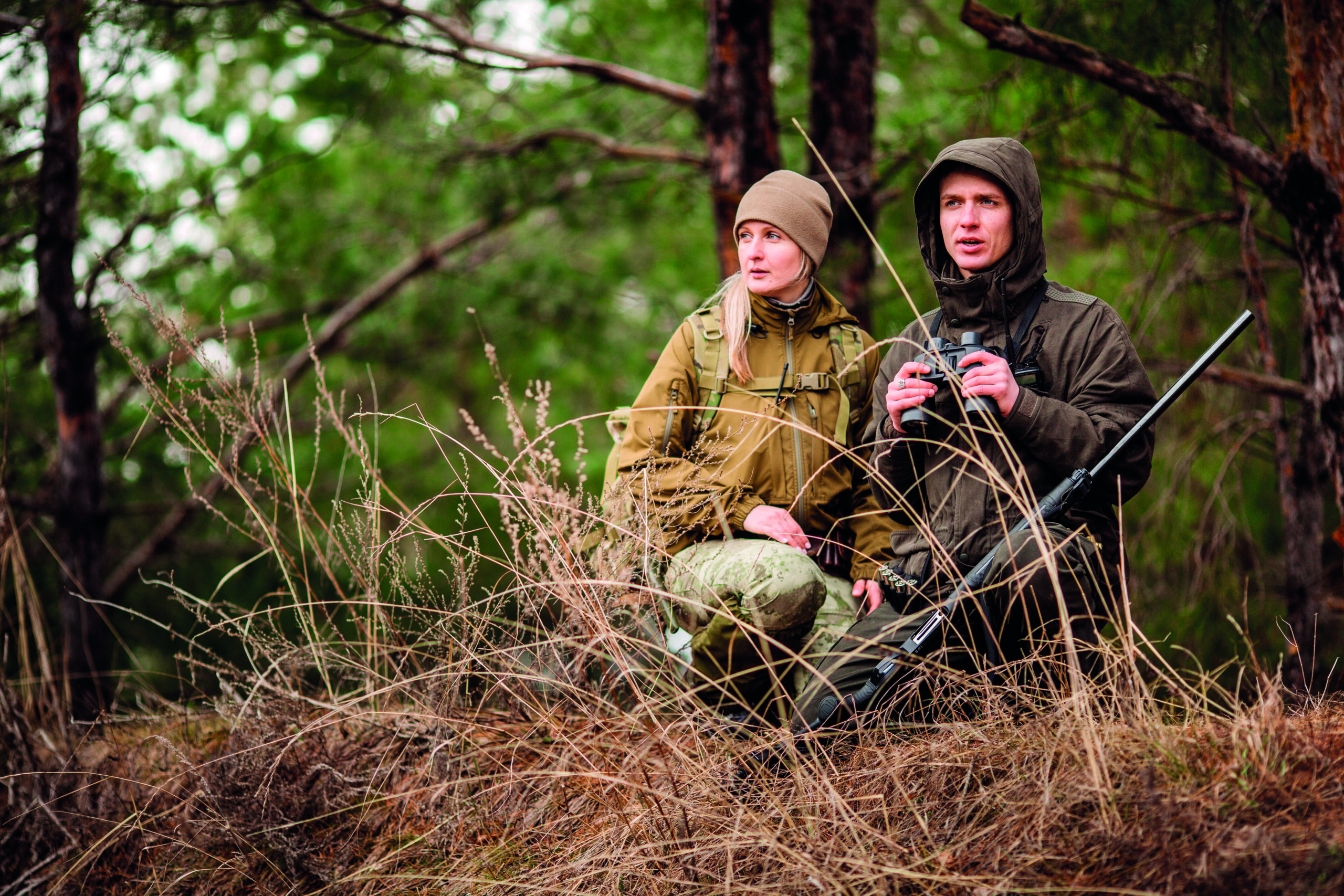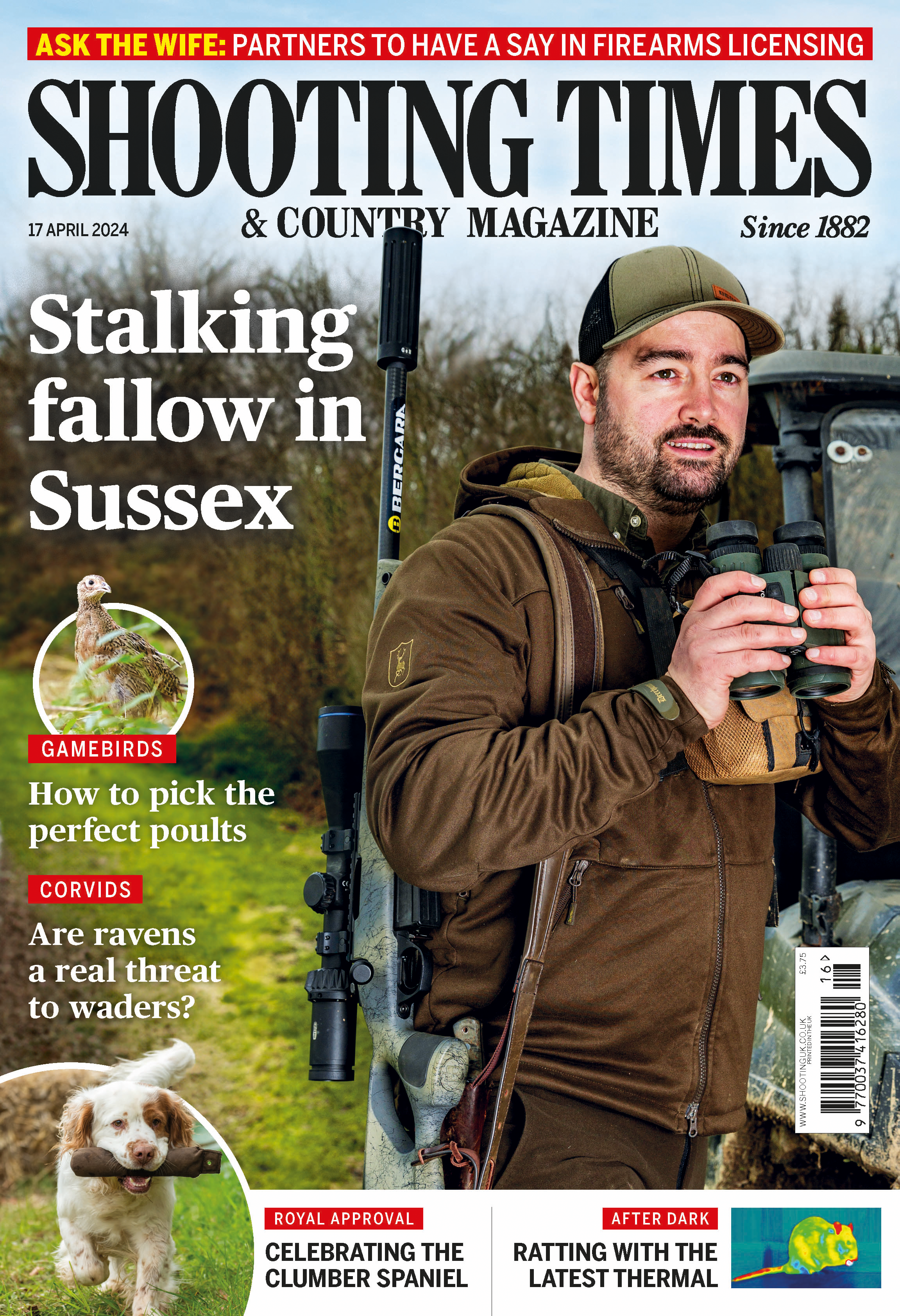Saving apprenticeships
Professional gamekeeping apprenticeships were under threat until the Countryside Alliance stepped in to throw a lifeline. Liam Stokes reports
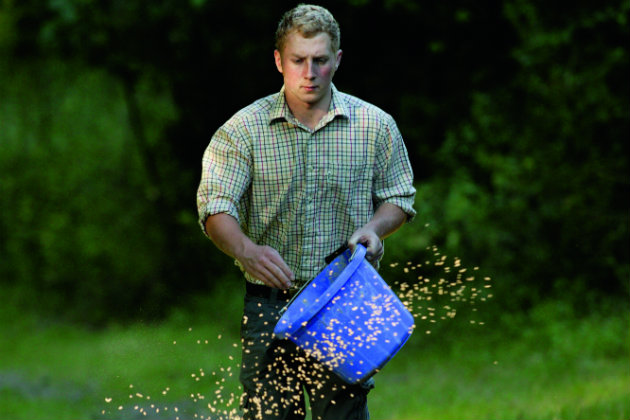
Securing the future of gamekeeping apprentices is one of the most important things we can do for the future of shooting. We all know that the shooting we enjoy and the amazing conservation work it supports simply could not happen without gamekeepers, and gamekeepers could not do what they do without an effective education system to bring through the next generation. So when it became apparent that the Government overhaul of apprenticeships would mean gamekeeping might fall by the wayside, it was imperative that we acted decisively to keep it.
Gamekeeping knowledge handed down from generations
It wasn’t all that long ago that gamekeeping knowledge was handed down from generation to generation. As the vocation becomes increasingly professionalised, however, the need for formal training and qualifications has become ever more pressing. Today it would be exceptionally rare for a new gamekeeper not to undertake some sort of college course alongside their practical experience.
For many this means heading to college for a full-time programme of study, supplemented by working either on a college shoot or taking work experience with local gamekeepers. For others, though, the old ways are still the best, learning from an experienced hand out in the field. For these young people an apprenticeship is the answer.
“Employed on a shooting estate, earning, working with a keeper but still in education, gamekeeping apprenticeships are seen as the best route”
It was worrying to find that the Government overhaul of apprenticeships by no means guaranteed the continued existence of these qualifications. The Government proposed the development of entirely new standards, but they had to be developed by industry and approved by the Department of Business, Industry and Skills (BIS), rather than being developed by colleges and awarding bodies.
In my previous job as a gamekeeping lecturer and land-based college manager, my colleagues and I were very worried as to how this would come about. Most industries that rely on apprentices have huge employers to drive industry-wide initiatives — the automotive engine testing apprenticeship is being led by Jaguar Land Rover, for example. Gamekeeping is relied upon by many diverse employers, each taking on a small number of apprentices as and when they are required. It was not clear to us who would be able to take the development of the gamekeeping apprenticeship forward, and if no one did it would cease to exist in 2020.
The solution was to become apparent when I moved to the Countryside Alliance (CA) at the beginning of this year. The policy team was already aware of the situation following discussions with Nick Boles MP, minister for skills.
We began work immediately, drawing up a proposal for a new, industry-led gamekeeping apprenticeship. We argued the need for such a qualification and worked with shooting estates across the country to set out the skills apprentices would require.
As we worked with BIS on our proposal, it became increasingly clear that not only was this a process that had to be done to secure the future of these qualifications, it was also a fantastic opportunity to remodel the gamekeeping apprenticeship and make it work for industry.
What training and qualifications trainee gamekeepers really need
The CA proposal was accepted last month, making the Alliance the lead contact in developing the qualification, so now we are focusing on that opportunity. It is no secret among colleges or employers that the current apprenticeships can be frustrating. The qualifications are often arcane in their language, using education jargon that is impenetrable to anyone not working within the system.
Colleges are sometimes forced to rely on block-release, requiring apprentices to leave their employers for a week or more to complete their coursework, often at inopportune moments of the shooting or rearing seasons. Some feel the coursework does not reflect the demands of the job.
There is tremendous scope to tailor the new apprenticeship to the needs of the industry. The CA will now work with BIS to establish a “trailblazer group”, a steering committee that will write the qualification and assessment. The group will decide what training and qualifications trainee gamekeepers really need, and how to direct apprenticeship funding.
We need anyone who would like to join the trailblazer group and support the development of this crucial qualification to get in touch. The National Gamekeepers’ Organisation was the first to join, and its expertise will be invaluable. Many of the shoots that supported our initial proposal have already indicated their intention to join, too.
If your shoot or organisation would like to be involved, please email me here.

